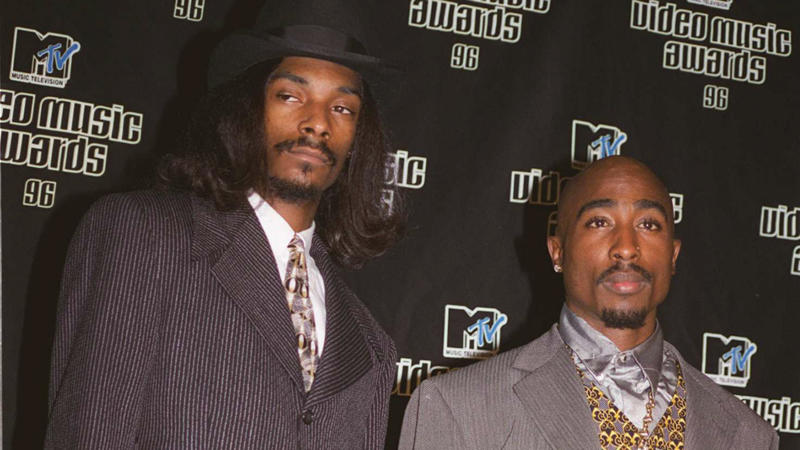Snoop Dogg isn’t just a rapper. Now, he’s a label owner.
The Internet is abuzz with the news of The Doggfather’s acquisition of Death Row Records, and it’s nothing if not a full-circle moment for the man who got his start on the influential — but controversial — label.
But in 2021, it looked like the tide was turning that way anyway. The New York Post reported that Snoop Dogg was named as the executive creative and strategic consultant for the label. And this prompted the rap legend to tell Barstool Sports that he had his mind, set, ultimately, on owning the label itself.
“I think all of Death Row should be in my hands,” he said. “I should be running that s–t. Just like I’m [in] a position at Def Jam, Death Row means more to me because I helped create that.”
Indeed, he did. Snoop — along with Dr. Dre — is now considered one of the forefathers of the West Coast G-Funk style of Hip-Hop. And while, certainly, things were contentious in the scene at its peak — the East Coast-West Coast rivalry serves as a cautionary tale for all. Many rappers today look back on the works of Snoop Dogg and the likes with a deference and respect not afforded to many other “OG” rappers.
Now, his new album — called “BODR” (Bacc on Death Row) — has a whole new meaning (Talk about manifesting things to life).
With that in mind, we decided to take a look back at the sometimes-contentious history between Snoop Dogg and his former — and now, current — label. Regardless of the sometimes hairy history, Death Row Records set Snoop on a path to become the mogul — and the Internet’s favorite “Uncle” — we all know and love.
Death Row: The Initial Signing
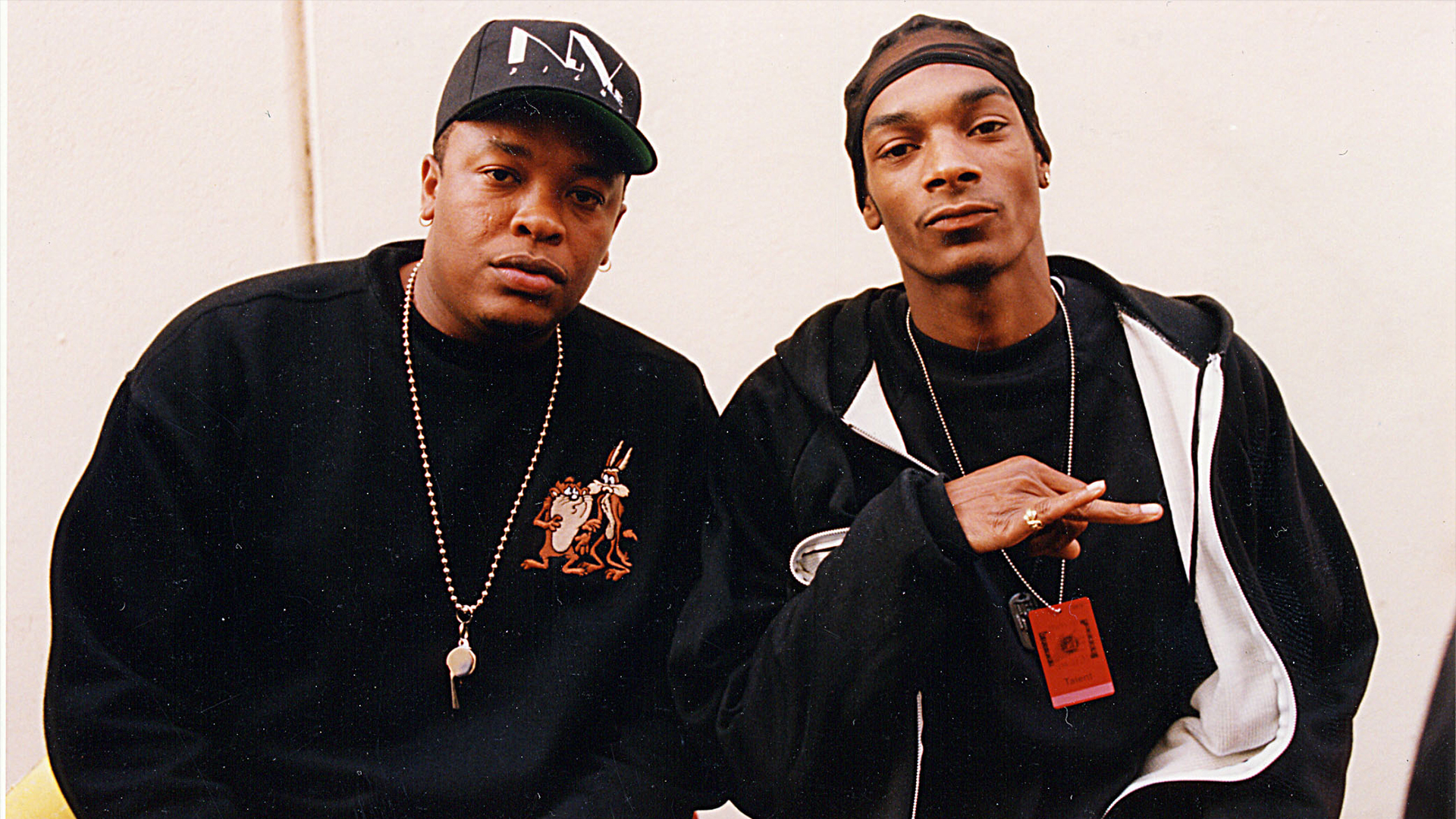
In 1992, after gaining some traction in his career thanks to his assist on “Deep Cover” and on more than a few guest appearances on Dr. Dre’s seminal album “The Chronic,” Snoop — who was going by Snoop Doggy Dogg at the time — and Tha Dogg Pound got a contract with Death Row Records. Per the BBC, Snoop was signed shortly after the label was founded.
It was on this label that “Doggystyle” — considered the seminal album of his career — was released in 1993, according to Biography, and became a super-smash hit on the strength of the rise of West Coast G-Funk rap.
The Los Angeles Times reports “Doggystyle” sold a massive 803,000 copies in its first week — the highest number for a debut rap album, and the second-highest number for any album since Soundscan first started digitizing its sales records in 1991 (Only Pearl Jam’s sophomore album, “Vs.” beat out “Doggystyle” with a gobsmacking 950,000 copies in its first week).
However, despite Snoop Dogg’s success, trouble was brewing.
East Coast-West Coast Wars & Rancorous Departure
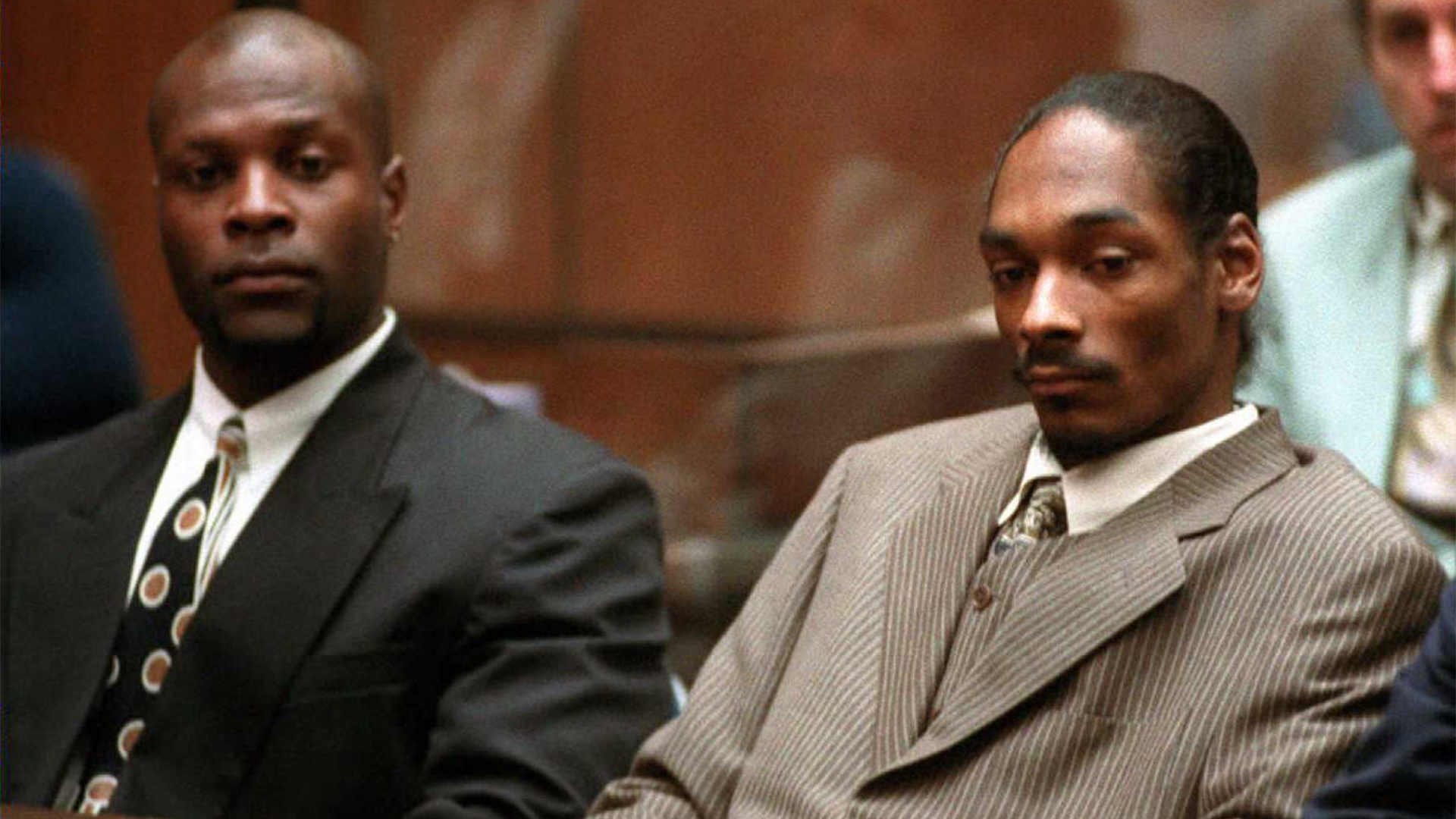
Aside from the East Coast-West Coast rap beef, Snoop Dogg was in the midst of a personal and professional maelstrom. In 1994, he made an album called “Murder Was The Case,” which went into great detail about the murder charge he was facing.
iHeartRadio reports that in 1993, Snoop was charged with the first-degree murder of a rival gang member after his bodyguard, McKinley Lee, opened fire and killed the man. Snoop’s gang affiliation with The Crips did him no favors with the charges, and it was cited as the motive for the murder.
And while he was ultimately acquitted in 1996, Snoop subsequently told Arian Foster (in the video above) that the acquittal is what made him turn his life around. He realized that if he continued living the “gangsta” lifestyle, he would either be dead or in jail.
But while Snoop was getting his life together, Suge Knight’s life was falling apart. Knight, who had signed many of his artists to strong-arm deals — including Snoop and Dr. Dre — also had a reputation for enforcing those deals with violence.
As Capital Xtra explained, Knight once bragged about allegedly having Jay-Z “robbed” when he came to Los Angeles to record a song with Death Row artists, and he even poked fun at Snoop and Dr. Dre for claims of fighting to keep Hova safe while he was there.
In 1996, it all came to a head when Dre left Death Row Records over a contract dispute, per the Los Angeles Times, and Knight was jailed for the racketeering charges, per Reuters.
No Limit is the Label That Pays Him
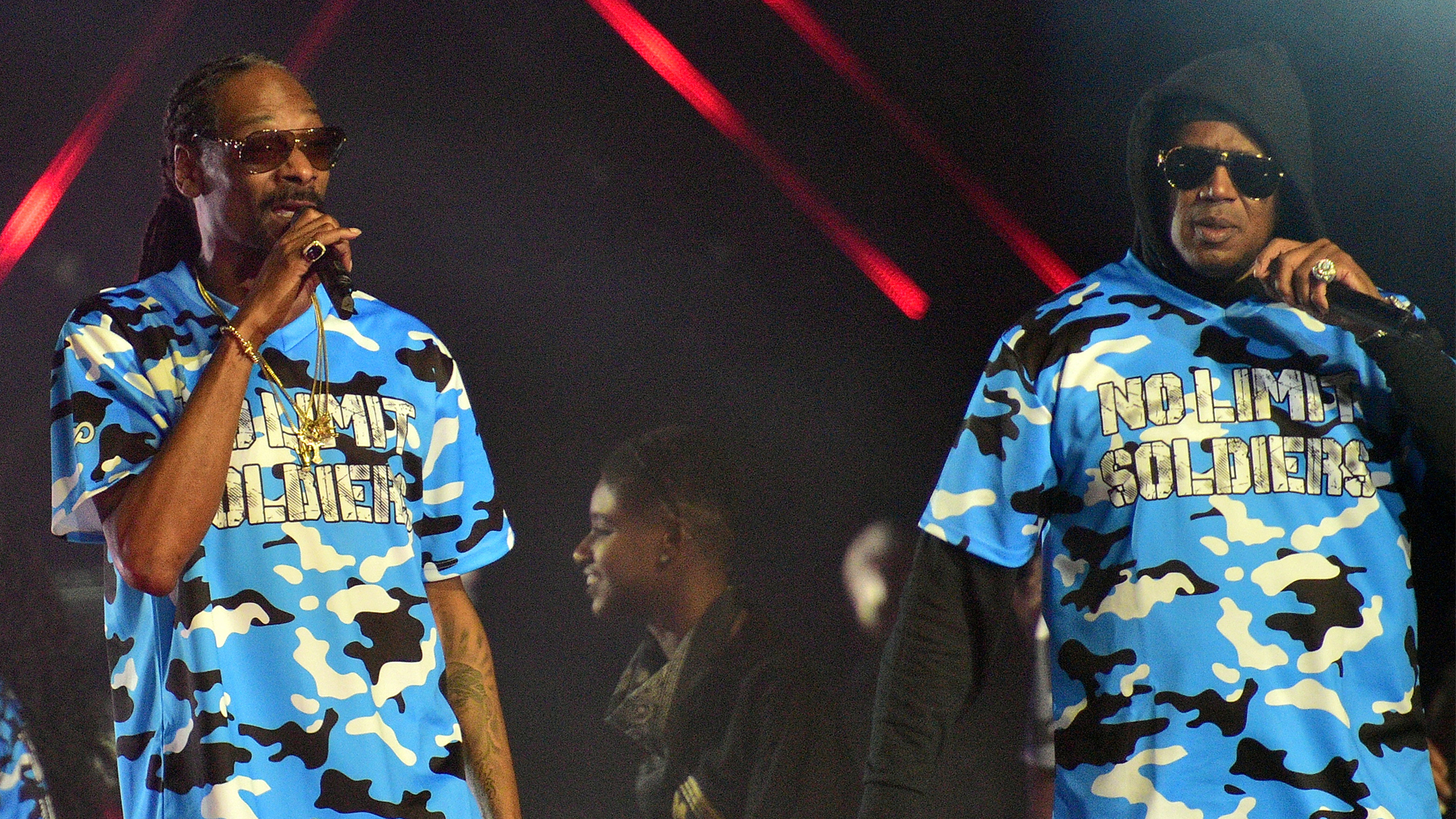
In 1998, Snoop Dogg went to Master P’s No Limit label. Per Complex, the deal with No Limit saved Snoop’s life. But Percy Miller told the outlet that signing Snoop was about more than just saving his life. Miller explained that no matter what else Knight did right, or wrong, he was the first one to “put him on.” But, if Snoop was looking to really better his life, he had to understand a few things about business, first. And he also explained that if Snoop had deployed the nuclear option (he’d planned to release an album called “F–k Death Row,” but Master P put the kibosh on it), it would have been more destructive than it would have been worth.
“Doing that, that would be a bad move because it’s all about integrity—you got to be thankful. I think a lot of people don’t look at it like that. They not thankful for the opportunities,” Master P explained to the outlet. “I told him. I said, ‘When you’re the boss you can do whatever you want to do. You need to go boss up now.’ We don’t need to be getting into it with other Black men.”
Thanks to Master P’s lessons, Snoop Dogg is the businessman he is today.
From Snoop Doggy Dogg to Death Row Owner
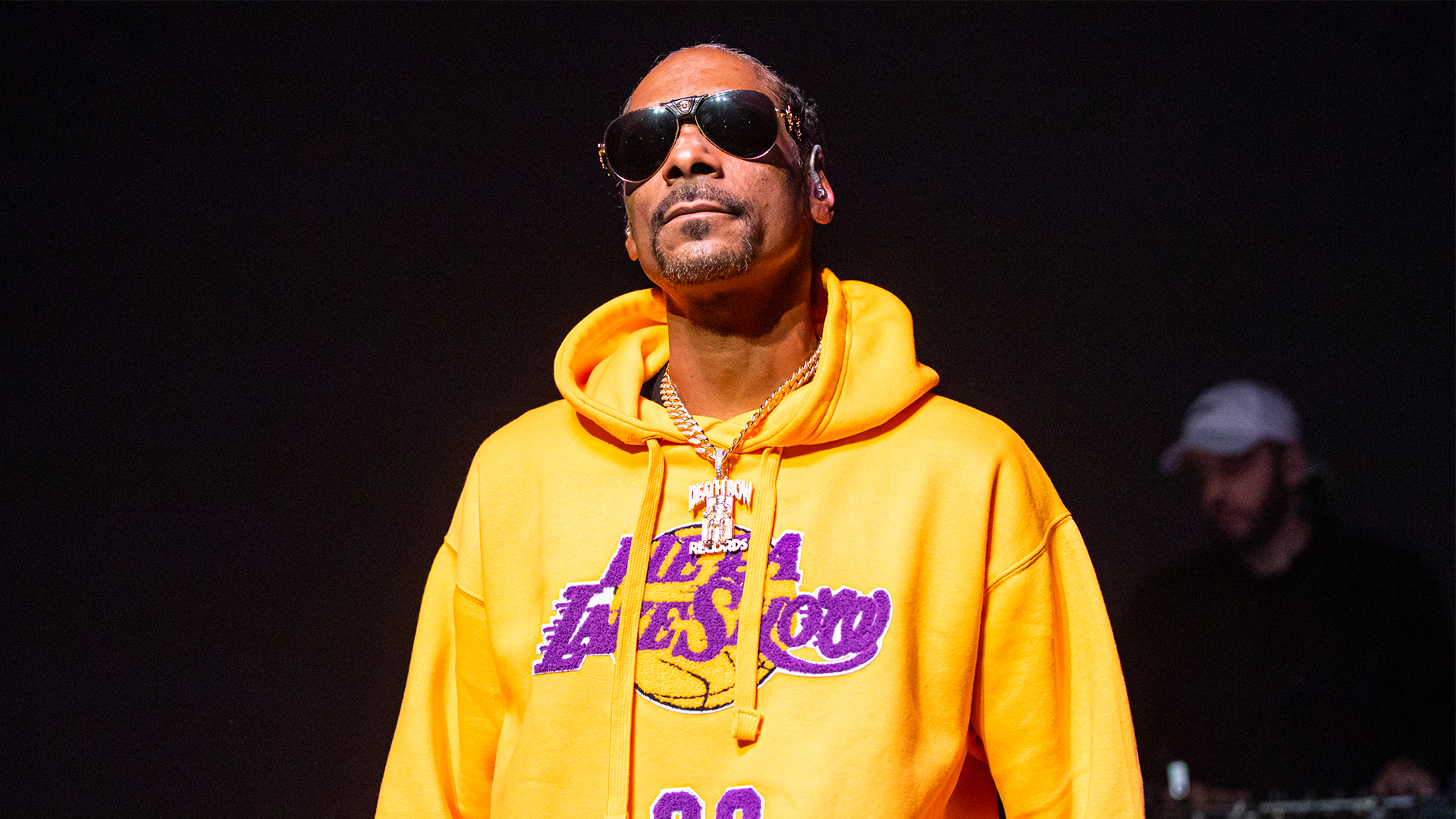
As Snoop Dogg got older, he shifted his attention away from the booth and toward long-term investments. As AfroTech previously reported, Casa Verde Capital — Snoop’s cannabis-based investment fund — has led several funding rounds for comparable businesses, and he’s also diversified his investments into businesses including NFTs, wines, and more. All told, he amassed an estimated $150 million fortune throughout the course of his career.
And that funding led him to make the biggest gangsta move of his career: the acquisition of Death Row Records from the Blackstone-controlled MNRK Music Group, a press release revealed.
“I am thrilled and appreciative of the opportunity to acquire the iconic and culturally significant Death Row Records brand, which has immense untapped future value,” the 50-year-old Snoop Dogg said in a statement to NPR. “It feels good to have ownership of the label I was part of at the beginning of my career and as one of the founding members. This is an extremely meaningful moment for me.”
